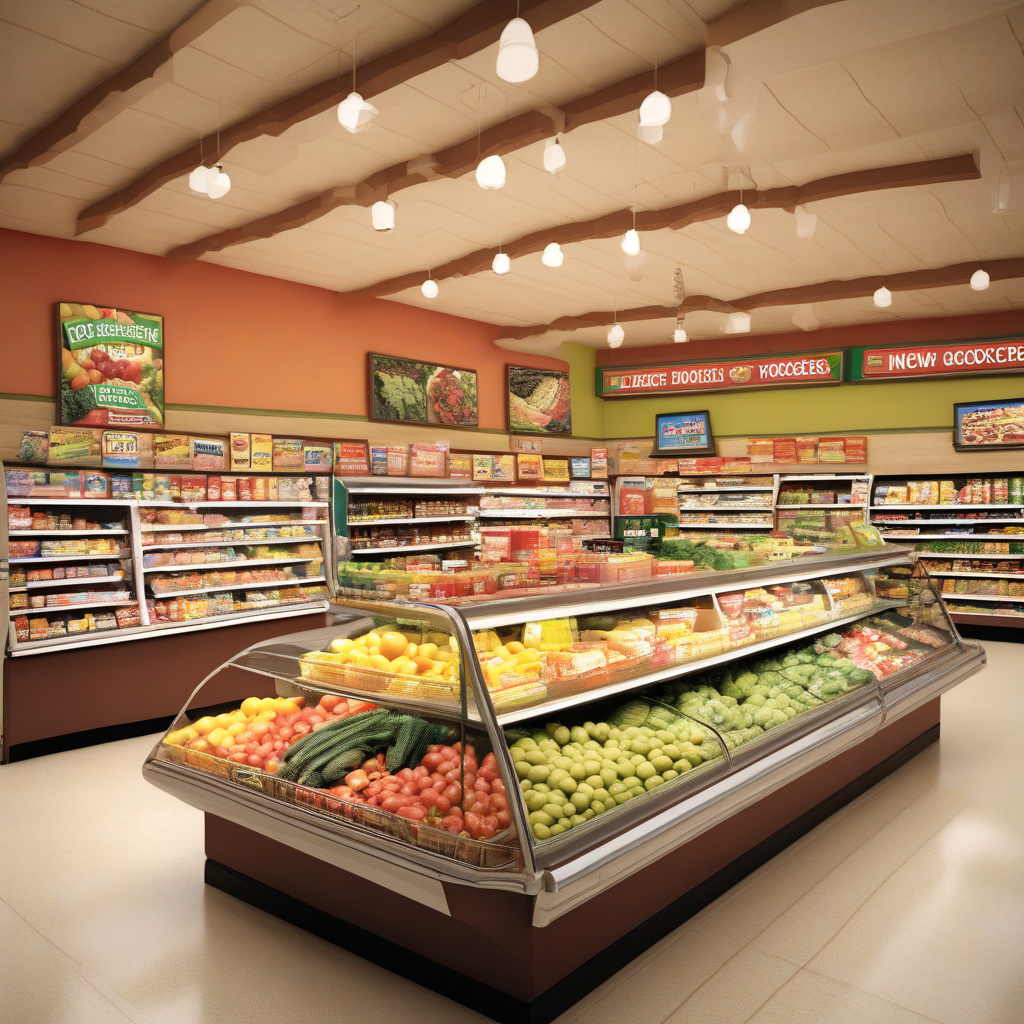The Impact of Tariffs on America’s Independent Grocers
As the global economy continues to navigate uncertainties, the specter of tariffs looms large over many industries, including the grocery sector. The National Grocers Association (NGA) has issued a warning to the Federal Trade Commission (FTC) about the potential anticompetitive practices that could adversely affect independent grocers across America. This concern is reminiscent of the challenges the industry faced during the COVID-19 pandemic, where supply chain disruptions and shifting consumer behaviors tested the resilience of grocery retailers.
Independent grocers play a vital role in the country’s economy, offering unique products, personalized service, and a sense of community that sets them apart from large chain stores. However, they often operate on thinner profit margins and have limited resources compared to their corporate counterparts. This makes them particularly vulnerable to external factors such as tariffs, which can drive up costs and squeeze their bottom line.
One of the immediate impacts of tariffs on independent grocers is the increase in prices for imported goods. Many of these small businesses rely on a diverse range of products sourced from around the world to meet the demands of their customers. Whether it’s specialty cheeses, exotic spices, or gourmet chocolates, tariffs can drive up the cost of these items, making it harder for grocers to offer competitive prices and retain customers.
Furthermore, tariffs can disrupt the delicate balance of supply and demand in the grocery industry. Sudden changes in trade policies can lead to shortages of certain products or fluctuations in pricing, forcing independent grocers to adapt quickly or risk losing sales. This instability not only affects the financial health of these businesses but also erodes consumer trust and loyalty over time.
During the height of the COVID-19 pandemic, independent grocers faced unprecedented challenges as panic buying and supply chain disruptions swept the nation. Many small retailers struggled to keep essential items in stock, leading to empty shelves and frustrated customers. The added pressure of tariffs could exacerbate these issues, creating a perfect storm that threatens the survival of independent grocers in an already competitive market.
In response to these threats, the NGA is urging the FTC to closely monitor the impact of tariffs on independent grocers and take proactive measures to prevent anticompetitive practices. By advocating for fair trade policies, promoting transparency in pricing, and providing support for small businesses, regulators can help level the playing field for independent grocers and ensure a more sustainable future for the industry as a whole.
In conclusion, the implications of tariffs on America’s independent grocers are far-reaching and potentially damaging. By understanding the unique challenges faced by small retailers and taking decisive action to protect their interests, we can preserve the diversity and vibrancy of the grocery sector for generations to come.
#Tariffs, #IndependentGrocers, #NGA, #FTC, #GroceryIndustry
